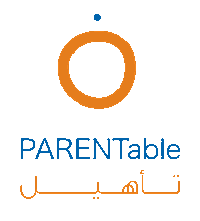- 1 -
Learning the second language within The Family

Input of the language of the parent which is not the language of the society is often a bit smaller.

Children acquire each language the way they would acquire a single language.

Children who grow up according to the „1 parent – 1 language scheme“ choose the language according to the parent correctly from 2 years on.

Children grammatically separate languages as soon as they construct longer „items“ (from 2 years, 6 months).

HELP!
-
The languages do not develop at the same pace; if the child forgets a word in one language, it uses the word of the other language. That is fantastic!!
-
Mixing is, statistically speaking, relatively rare:
-
5 years : 6,4 % (Taeschner 1983)
-
2,1- 2,3: 20% (Gawlitzek-Maiwald & Tracy 1996)
-
-
Parents mix the languages, too!
My child is mixing languages!
- 2 -
Learning the second language outside of the family

The timeframe of acquiring a second language after a first language differs from acquiring a first language or two first languages. There is no “babble stage“, no “one word” stage, the “two word” stage is very short.

There are certain phases observable in second language acquisition: Easier, more regular phenomena are mostly learned earlier than more complicated, irregular ones.

In second language acquisition, there is no “safe space” to learn the language like in a foreign language classroom. Yet children acquire the second language quite quickly. Children who do not speak the language of the society will mostly get special language courses at school.

Sociolinguistic factors, for example motivation, play a major role.
Further Development
- 3 -
Learning foreign languages at school
Foreign language refers to a language that is not widely used by the people of that country, and that is taught at schools in that country. The most learned foreign language is, not surprising, English, followed by Spanish, Chinese, Italian, and French.
English
Spanish
Chinese
Italian
French


